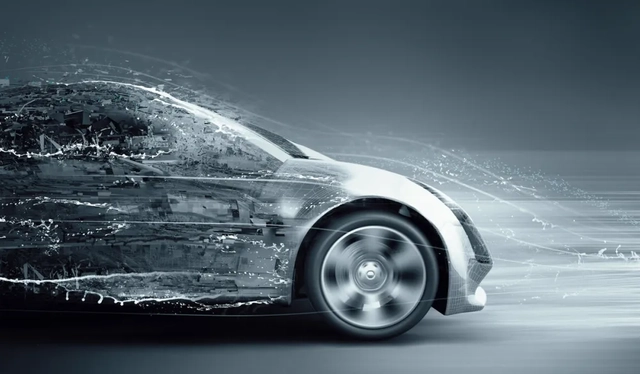
Aluminum has become a preferred material for die casting in the EV sector due to its excellent combination of strength, lightweight, and thermal conductivity. These qualities make it an ideal choice for producing components that contribute to the overall weight reduction of electric vehicles, thereby improving their energy efficiency and increasing their driving range.
One of the key components that benefits from aluminum die casting in EV manufacturing is the motor housing. Electric motors generate a significant amount of heat during operation, and aluminum's high thermal conductivity helps dissipate heat more effectively compared to other materials. This not only improves the motor's performance and longevity but also enables the design of more compact and lightweight motors.
Another important area where aluminum die casting finds application in EVs is the battery housing. Aluminum's high strength-to-weight ratio allows for the production of sturdy and durable battery enclosures while keeping the weight low. This is crucial for EVs as it helps maximize the available space and reduces the overall vehicle weight, providing better energy efficiency and enhancing driving range.
Furthermore, aluminum die casting is commonly used for manufacturing structural components in electric vehicles. These include chassis components, suspension parts, and body reinforcements. By utilizing aluminum die casting, automakers can achieve weight reduction without compromising on the structural integrity and safety of the vehicle.
The increasing adoption of aluminum die casting in EV manufacturing is also driven by the scalability and cost-effectiveness of the process. Die casting allows for high-volume production with consistent quality and precise dimensional control. This aligns with the automotive industry's need for mass production of EV components to meet the growing market demand.
Moreover, the recyclability of aluminum further adds to its attractiveness in the EV sector. Aluminum can be easily recycled and reused, aligning with the sustainability goals of the automotive industry. The use of recycled aluminum in die casting reduces the environmental impact of production and supports the transition to a more circular economy.
As the electric vehicle market continues to expand globally, the demand for lightweight and efficient components will only increase. Aluminum die casting is well-positioned to meet these demands, offering a versatile and cost-effective solution for manufacturing various components in electric vehicles.
In conclusion, the increasing adoption of aluminum die casting in electric vehicle manufacturing is driven by the material's lightweight, thermal conductivity, strength, and recyclability. By utilizing aluminum die casting, automakers can produce lightweight and efficient components for electric vehicles, contributing to improved energy efficiency, extended driving range, and overall sustainability in the EV industry.









